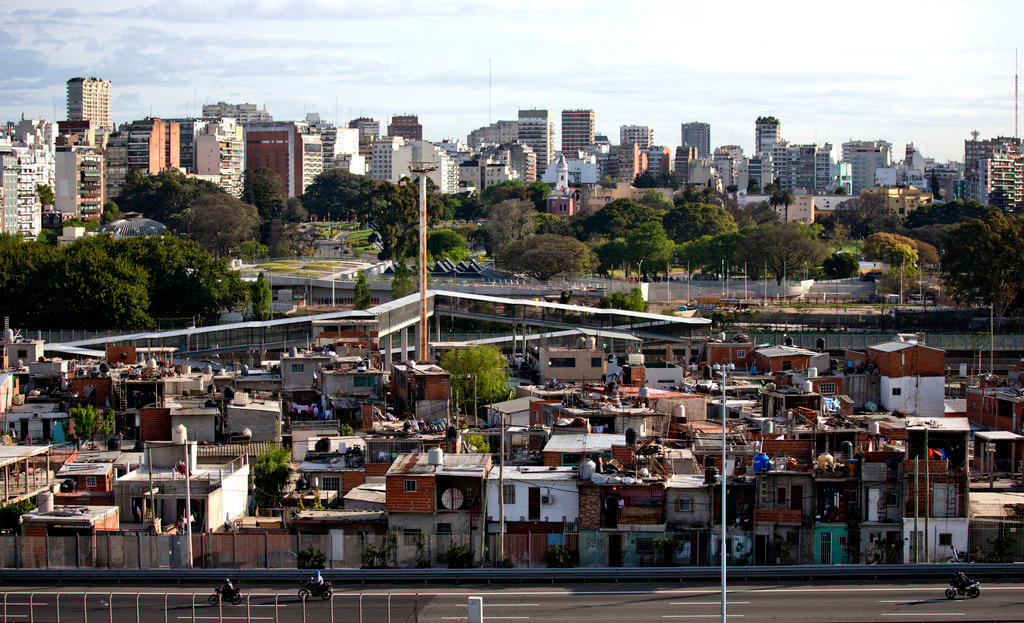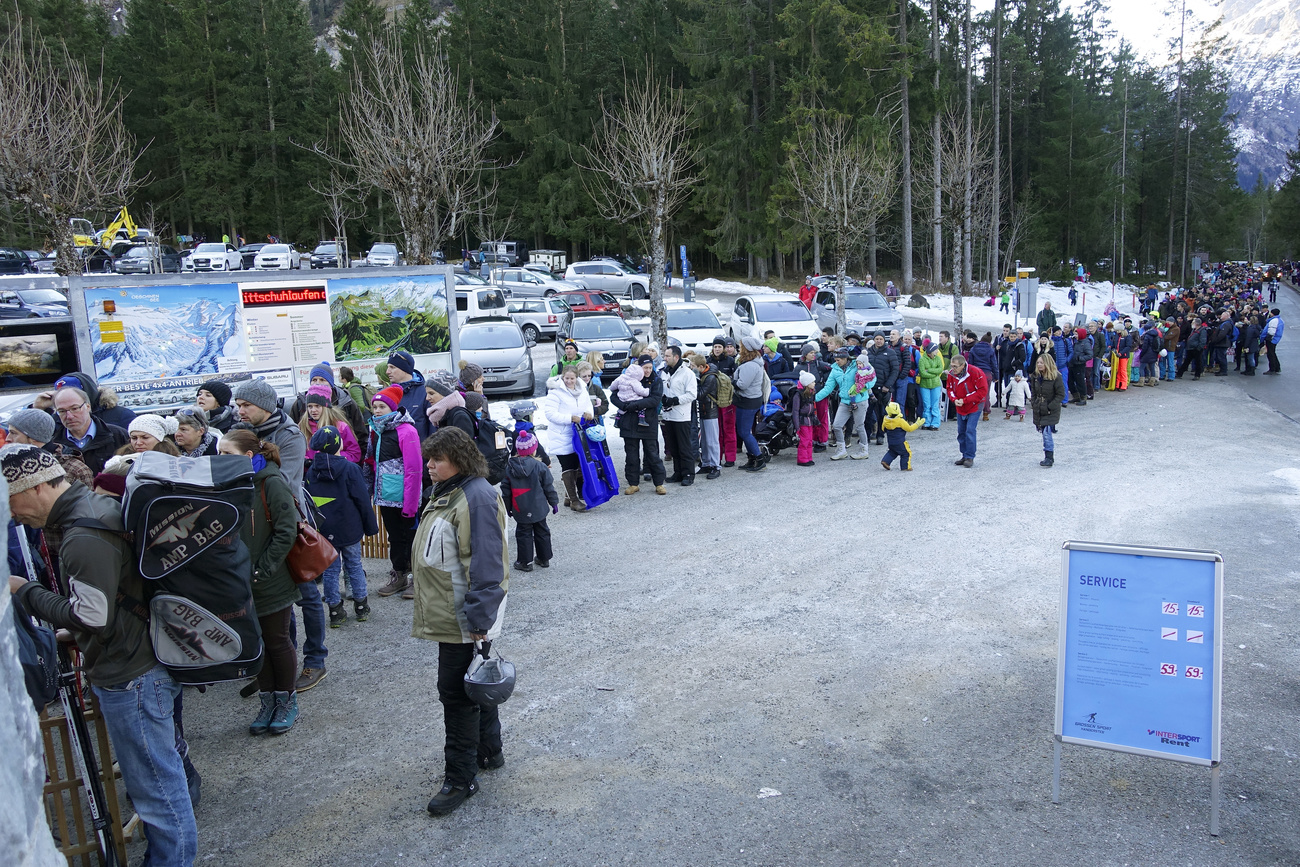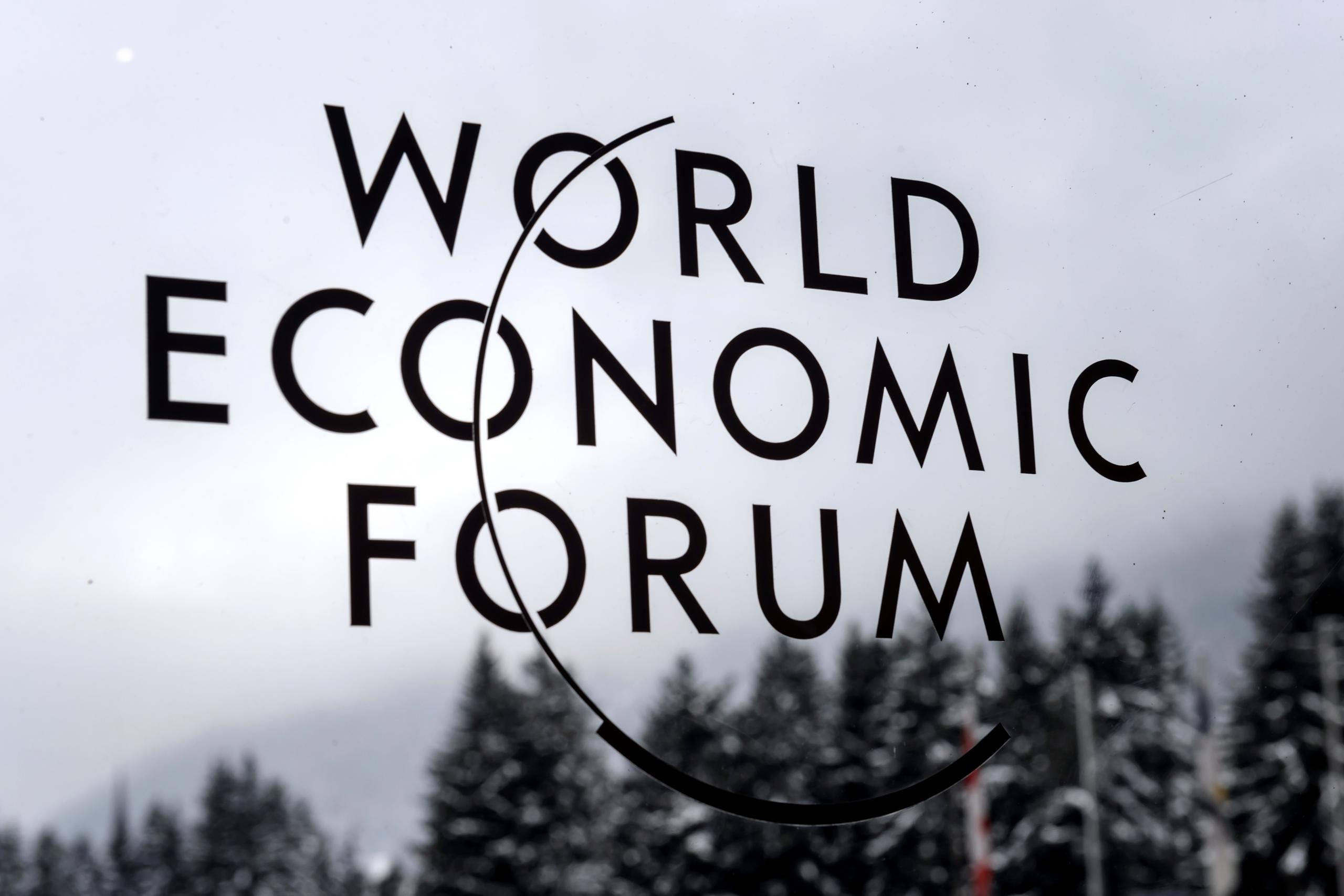WEF identifies growing wealth gap as top threat

The growing gap between rich and poor, social polarisation and climate change are the top risks facing the planet, according to the World Economic Forum’s (WEF) Global Risks Report 2017.
The WEF annual survey, published on Wednesday, said world leaders needed to urgently work together to ‘avert further hardship and volatility in the coming decade’.
The report features 750 experts assessing 30 global risks, and 13 underlying trends, for their impact and likelihood over the next decade. It also describes connections between the various risks, ahead of the WEF’s annual meeting in Davos which takes place from January 17-20.
‘Rising income and wealth disparity’ and ‘increasing polarisation of societies’ were ranked first and third, respectively, among the underlying trends that will determine global developments in the next ten years. Climate change was the number two underlying trend, with extreme weather the single most prominent global risk.
“While the world can point to significant progress in the area of climate change in 2016, with a number of countries, including the US and China, ratifying the Paris Agreement, political change in Europe and North America puts this progress at risk. It also highlights the difficulty that leaders will face to agree on a course of action at the international level to tackle the most pressing economic and societal risks,” the authors wrote.
‘Long-term thinking’
They urged leaders to put greater emphasis on ‘long-term thinking, investment and international cooperation’ especially in view of the ‘complex transitions the world is currently going through, from preparing for a low-carbon future and unprecedented technological change to adjusting to new global economic and geopolitical realities’.
“We live in disruptive times where technological progress also creates challenges. Without proper governance and re-skilling of workers, technology will eliminate jobs faster than it creates them,” said Cecilia Reyes, Chief Risk Officer of Zurich Insurance Group.
“Governments can no longer provide historical levels of social protection and an anti-establishment narrative has gained traction, with new political leaders blaming globalisation for society’s challenges, creating a vicious cycle in which lower economic growth will only amplify inequality. Cooperation is essential to avoid the further deterioration of government finances and the exacerbation of social unrest.”
The WEF experts also warned that society is not keeping pace with technological change.
Of 12 emerging technologies examined in the report, experts found artificial intelligence and robotics to have the greatest potential benefits, but also the ‘highest potential for negative consequences and also the greatest need for better governance’.

In compliance with the JTI standards
More: SWI swissinfo.ch certified by the Journalism Trust Initiative











You can find an overview of ongoing debates with our journalists here . Please join us!
If you want to start a conversation about a topic raised in this article or want to report factual errors, email us at english@swissinfo.ch.